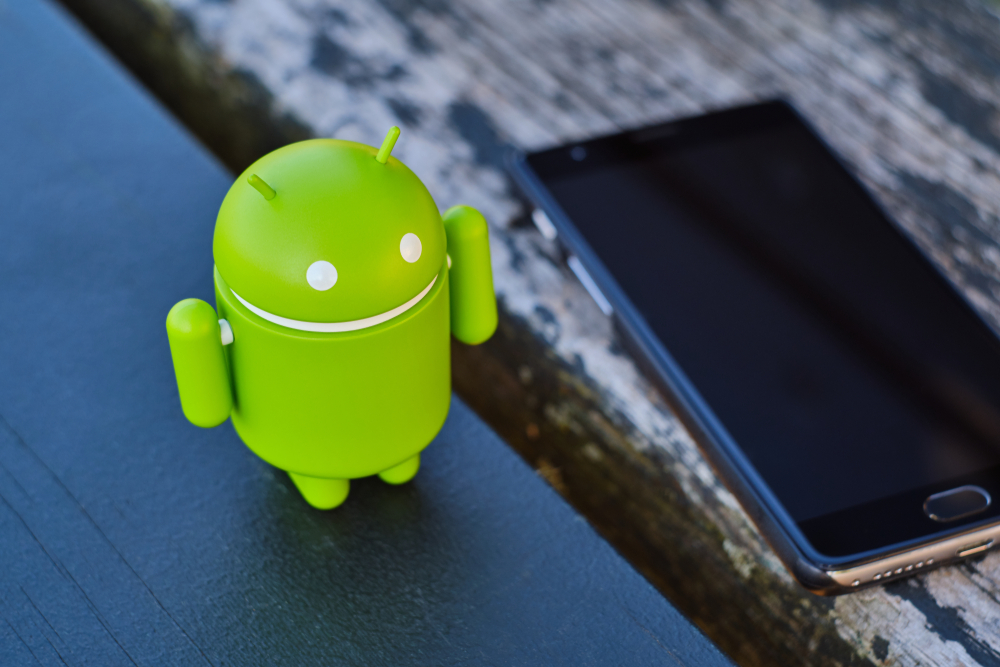Google announced a $700 million settlement to resolve the Play Store dispute, dividing $630 million among American consumers and allocating $70 million to a fund for American states. The agreement encompasses multiple policy shifts and structural modifications set to take effect immediately upon implementation.

Alternative App Stores and Third-Party Downloads
Over the next seven years, Google commits to supporting app installations on Android devices outside of Google Play. Developers won’t be compelled to release apps simultaneously or earlier on Google Play for at least four years, preventing agreements favoring Google’s platform. Moreover, Google pledges to enable third-party entities to use APIs for automatic app updates and implement “split functions” for on-demand app downloads within four years. Users will also gain the option to opt-out of app updates while actively using them.
Google is mandated to streamline the process of installing apps from alternative sources, merging warning screens into a single message for five years to simplify user permissions.
Alternative Billing
For a five-year period, Google must allow developers to offer alternative payment mechanisms for in-app purchases without coercion towards Google Play billing. User data collected under alternative billing options will be restricted to essential information and cannot be utilized to compete with applications. Developers will have expanded outreach capabilities, contacting users for pricing and billing promotions using collected information with explicit user consent for six years. Additionally, developers can showcase discounts for alternative billing systems within their apps and display information about other purchase options without redirection for six years.
OEM Disclaimer
Google is restrained from exclusivity deals with phone manufacturers regarding Google Play as the exclusive app store for devices featuring Google Play on the home screen for five years. Simultaneously, device manufacturers won’t require Google’s “consent” to pre-load third-party app stores for the same period. Furthermore, Google will provide rights to pre-installed apps for OEM installers for a minimum of four years.
While these changes indicate a shift in Google’s policies, their actual impact on the company might be limited, notes NIXsolutions. The 4% discount offered on user-selected billing might not be compelling enough for developers, as highlighted in Epic’s lawsuit. Alternative app stores need to offer sufficient incentives and a broader user base to entice developers away from Google Play and drive increased revenue through these platforms.
